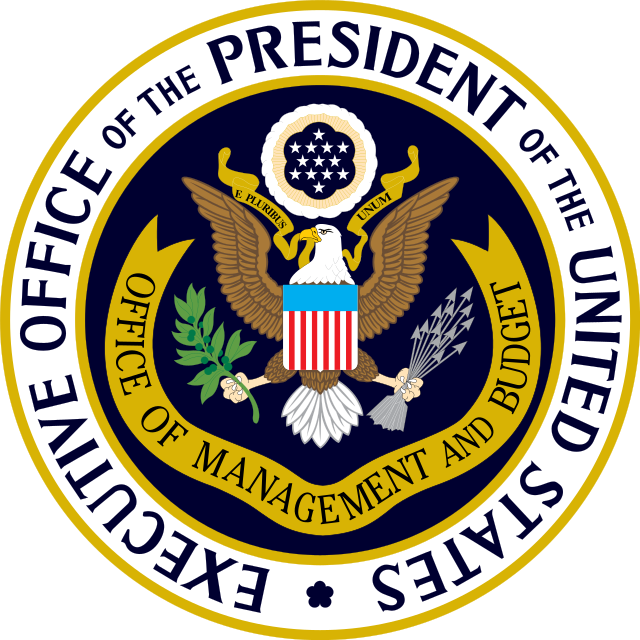White House releases spring 2023 Regulatory Agenda
 On June 13, 2023, the Biden Administration announced the release of its Spring 2023 Unified Agenda of Regulatory and Deregulatory Actions. The Agenda reports on the actions administrative agencies plan to issue in the near and long term. Released by the Office of Information and Regulatory Affairs, the Agenda provides important public notice and transparency about proposed regulatory and deregulatory actions within the Executive Branch.
On June 13, 2023, the Biden Administration announced the release of its Spring 2023 Unified Agenda of Regulatory and Deregulatory Actions. The Agenda reports on the actions administrative agencies plan to issue in the near and long term. Released by the Office of Information and Regulatory Affairs, the Agenda provides important public notice and transparency about proposed regulatory and deregulatory actions within the Executive Branch.
The Unified Agenda is a crucial tool that outlines the regulatory plans and priorities of multiple different federal agencies. Its impact on small businesses can be significant. Here are a few ways in which the Unified Agenda affects small businesses, such as many of our NFFS non-ferrous foundry members:
-
Regulatory Compliance: Small businesses often have limited resources and capacity to navigate complex regulatory requirements. The Unified Agenda helps small businesses anticipate upcoming regulations, allowing them to plan and allocate resources accordingly. This advance notice can help mitigate the burden of compliance and reduce any potential disruption to business operations.
-
Economic Impact: Regulations proposed or finalized through the Unified Agenda can have direct and indirect economic consequences for small businesses. Compliance costs, paperwork burdens, or changes in operational practices resulting from new regulations can impact the financial health and competitiveness of small businesses. The Unified Agenda allows small businesses to anticipate these impacts and engage in the rulemaking process to provide feedback and suggestions to regulatory agencies.
-
Access to Information: The Unified Agenda provides transparency and access to information about upcoming regulations, allowing small businesses to stay informed and participate in the rulemaking process. Small businesses can review proposed regulations, submit comments, and engage in public hearings or meetings. This participation ensures that the unique needs and perspectives of small businesses are taken into account during the regulatory development process.
-
Regulatory Burden Reduction: The Unified Agenda also includes initiatives aimed at reducing regulatory burdens on small businesses. Agencies may prioritize reviewing and revising existing regulations that impose unnecessary burdens on small businesses. These efforts can lead to regulatory reforms, streamlining compliance requirements, and promoting a more favorable environment for small business growth and innovation.
Overall, the Unified Agenda plays a crucial role in shaping the regulatory landscape for small businesses. By providing transparency, early notice, and opportunities for engagement, it aims to balance regulatory objectives while minimizing unnecessary burdens on small businesses, thus fostering a more conducive environment for their success and sustainability.
See the White House statement regarding the release of the Spring 2023 unified agenda at https://www.whitehouse.gov/omb/briefing-room/2023/06/13/the-2023-spring-regulatory-agenda/.
